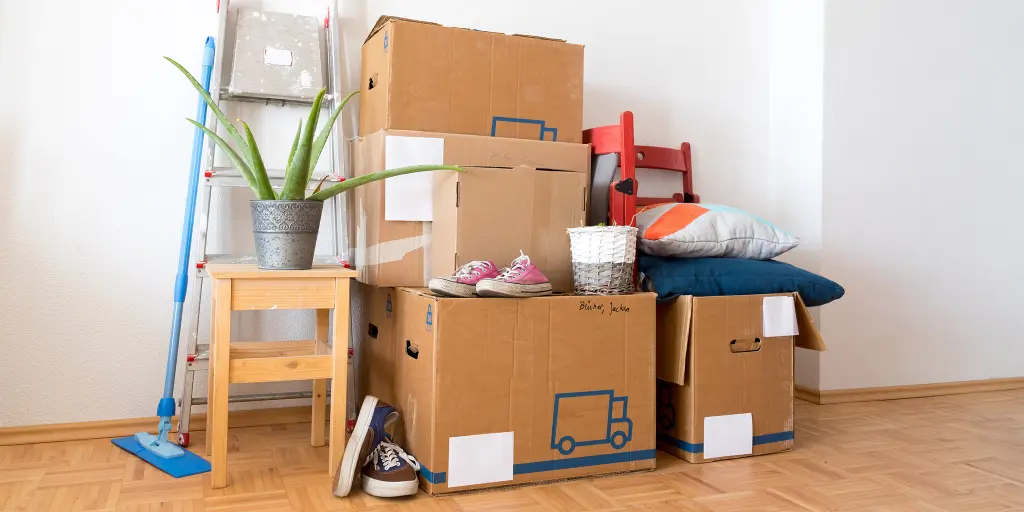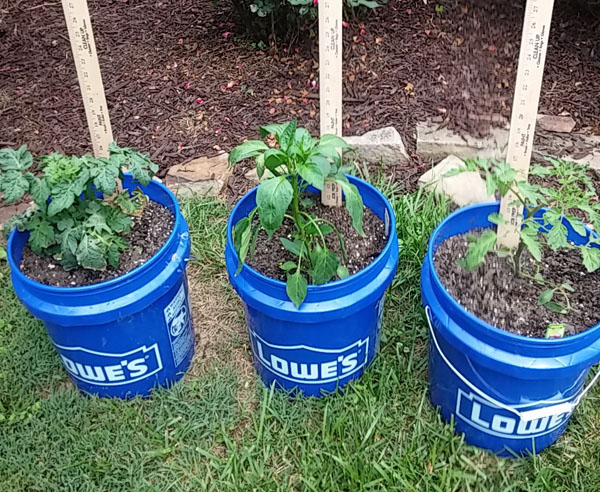Introduction
The quality of the air we breathe indoors can have a significant impact on our health and well-being. Right here, we’ll explore the importance of indoor air quality, the common pollutants that may be present in homes, and why it’s essential to ensure that the air in your home is as clean as it could be to get air conditioning installation.
Common Indoor Air Pollutants
Indoor air can contain various pollutants that can affect our health and comfort.
Particulate Matter
Particulate matter refers to tiny particles suspended in the air, such as dust, pollen, and smoke. These particles can originate from sources both indoors and outdoors and can have adverse effects on respiratory health and overall well-being.
Volatile Organic Compounds (VOCs)
Volatile organic compounds, or VOCs, are chemicals emitted as gases from certain solids or liquids. Common sources of VOCs include paints, cleaning products, and building materials. Prolonged exposure to VOCs can cause respiratory irritation, headaches, and other health issues.
Biological Contaminants
Biological contaminants such as mold, bacteria, viruses, and allergens can thrive in indoor environments, particularly in areas with high humidity or poor ventilation. These contaminants can trigger allergies, exacerbate asthma symptoms, and pose health risks to occupants.
Impact of Poor Indoor Air Quality
Poor indoor air quality can have significant consequences for both physical health and overall comfort.
Health Effects
Exposure to indoor air pollutants can lead to a range of health issues, including respiratory problems, allergies, and asthma. Long-term exposure to certain pollutants may increase the risk of developing cardiovascular diseases, respiratory diseases, and other chronic conditions.
Comfort and Well-being
In addition to physical health effects, poor indoor air quality can also impact comfort and overall well-being. Stale air, unpleasant odors, and discomfort can affect mood, productivity, and quality of life.
Effects on Home and HVAC System
Indoor air pollutants can also have negative effects on the home environment and HVAC systems. Mold growth can cause structural damage to buildings, while airborne particles can accumulate in HVAC systems, reducing efficiency and increasing maintenance costs.
Strategies for Improving Indoor Air Quality
Fortunately, there are several strategies that homeowners can employ to improve indoor air quality and create a healthier living environment.
Proper Ventilation
Proper ventilation is essential for maintaining good indoor air quality by ensuring adequate air circulation and fresh air exchange. Ventilation systems, such as exhaust fans and air exchangers, can help remove stale air and introduce fresh outdoor air into the home.
Air Filtration and Purification
Air filtration and purification systems can help remove airborne pollutants, such as particulate matter and VOCs, from indoor air. High-efficiency air filters, air purifiers, and UV-C germicidal lamps can help trap and neutralize pollutants, improving air quality.
Maintenance and Cleaning
Regular maintenance of HVAC systems and indoor spaces is crucial for preventing the buildup of indoor air pollutants. This includes changing air filters regularly, cleaning ductwork and ventilation systems, and controlling humidity levels to prevent mold growth.
Conclusion
Ensuring that the air in your home is as clean as it could be is essential for protecting your health, comfort, and well-being. By understanding the common indoor air pollutants and implementing strategies to improve indoor air quality, homeowners can create a healthier and more comfortable living environment for themselves and their families. Prioritizing indoor air quality is an investment in the health and safety of your home, so take action today to breathe cleaner air tomorrow.





